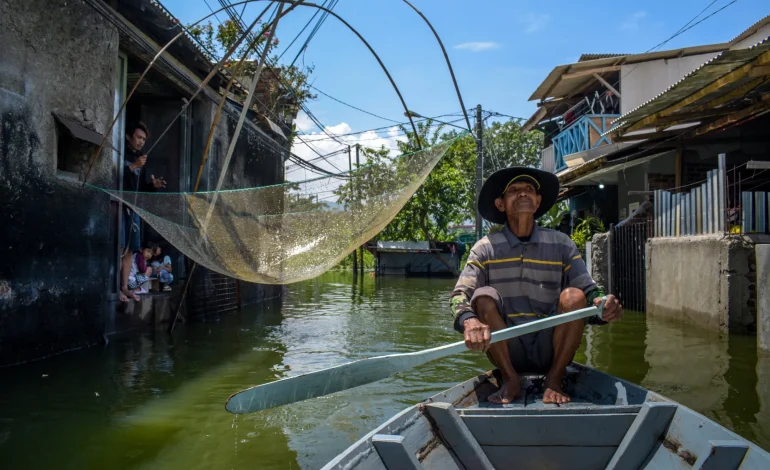Heavy rains and widespread flash floods across Southeast Asia are severely impacting agricultural production, particularly palm oil and rubber, and causing widespread disruption, Bloomberg reports.
Indonesia and Malaysia, the world’s top two palm oil producers, are among the hardest hit, experiencing deadly landslides and significant power outages. Thailand and the Philippines are also facing severe flooding in several regions. Even Singapore experienced unusually heavy rainfall over the weekend.
While monsoon season typically brings heavy rain, the intensity and severity of the current precipitation are unusual. This has already led to price increases in both palm oil and rubber. In Kuala Lumpur, palm oil futures rose for a fourth consecutive day on supply concerns, while rubber futures in Singapore surged as much as 6.8% before retracting some gains.
According to Paramalingam Supramaniam, a director at Malaysian brokerage Pelindung Bestari, palm oil production in Malaysia may decline by as much as 10% during the first 25 days of November compared to the previous month due to the unrelenting rain. The flooding has also significantly impacted power infrastructure. Malaysian power utility Tenaga Nasional reported closing 14 substations in Kelantan state due to the floods, while state news agency Bernama reported over 25,000 people displaced.
Indonesia has also suffered tragic consequences. Landslides in North Sumatra, a key palm oil producing region, have claimed 20 lives this week, according to the National Disaster Mitigation Agency.
The Philippines’ national weather bureau has issued severe flood warnings for the Caraga region in the south, responsible for a third of the country’s palm oil production. The archipelago has already endured a series of devastating storms this year, causing substantial crop damage across various agricultural sectors, including rice and corn.
Southern Thailand, a major producer of natural rubber, is also bracing for two days of heavy rainfall with a high risk of flash flooding, according to the Thai Meteorological Department.









